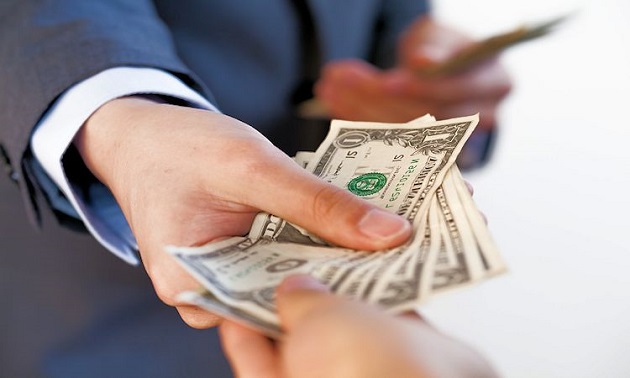In the last six months, the expectations sub-indicator reached 110.8, placing it for six consecutive months below the perception of current conditions sub-indicator, which reached 124.6 as of september. Expectations are deteriorating due to high domestic uncertainty.
The FUSADES Sales Indicator showed a net positive balance of 27.1 in september, lower than the highest point of 43.5 reached in june, the rebound effect is starting to disappear; by sectors the behavior was as follows: the highest was services with 34.2, followed by industry with 29.1, commerce 3.4 and construction with -13.6.

The Índice de Confianza de los Consumidores (ICC), showed a drop to 112.3 in september 2021, losing 22.9 points when compared to the highest point 135.2 in march 2021. The consumer expectations have fallen to 123.9 in september, down from a high of 159.2 in march 2021; also current economic conditions decreased to 93.8 in September, compared to 110.0 in may.
The salvadoran economy begins to show a slower pace of growth, with data to september, leaving the rebound effect that characterized the first half of the year.
There is a set of factors that weaken the economy; on the one hand, the confidence of consumers and businessmen fell in the last six months; also the sales indicator shows a decrease.
The consumer is being affected by higher inflation, which has weakened purchasing power and seems likely to remain high until the end of the year; and the acceleration of the contagion will weaken consumption.

Exports and remittances have slowed down in recent months, and imports have increased in price due to the increase in raw materials and higher ocean freight rates.
Inflation increases
Inflation in El Salvador as of august 2021 increased to 4.3%, the highest rate since april 2012. There is a strong imported component in inflation, explained by the increase in prices of food commodities 34.6%, metals 43.6%, and oil 58.6% as of August. It also continues its cyclical behavior, following very closely the rise in the United States, which was 5.3% in the same month.
The world recovery favors international trade, increasing the demand for salvadoran products; although risks persist due to the increase in freight rates (maritime cargo transportation) and the normalization of logistic chains, making foreign purchases more expensive.
The deficit of the Current Account of the Balance of Payments to the first half of 2021 amounted to US$394.5 million (-2.9% of GDP), explained by the trade deficit of goods and services, and the payment of income, which exceed transfers (remittances).
In the first half of the year, exports of services grew at 56.0%, higher than those of goods with 39.3%. In services, due to the greater mobility of passengers, explained by the vaccination rates, have contributed to the expansion of the sector.

Exports of goods increased in the first eight months of 2021, growing by 40.9% compared to 2020 and 7.9% compared to 2019. However, a loss of speed is observed, the behavior - annual point-to-point variation - in may increased by 150.5%, and in august slowed to 18.8%.
Imports of goods in the accumulated to august 2021, grew 49.5% with respect to 2020. There was also a deceleration in their point to point comparison, in may they presented a growth of 93.2% and dropped to 53.2% in august.
The oil bill experienced an 85% increase (US$519.9 million), the highest in the last three decades.
Imports of goods have been affected by the increase in maritime freight costs, for example, from China (port of Sanshan) freight to El Salvador currently costs US$14,270 (20-foot container), increasing between 217% and 376% prior to the start of the pandemic.
Remittances from January-August 2021 amounted to US$4,901.2 million, experiencing a 35.0% growth, compared to the same period in 2020. However, a deceleration is observed in its point-to-point measurement, in April it registered a growth of 124.3%, decreasing to 10.2% in August.
The world economy is returning to normal growth rates, and monetary and fiscal stimulus will begin to be limited in the face of the bulging post-pandemic debt.
Although by the end of 2021 annual growth will be around 9%, the different economic indicators of El Salvador are beginning to show the disappearance of the rebound effect and the return to normal growth of 2.5% before the pandemic, an insufficient rate to solve the problems of employment and poverty.
 English
English  Español
Español 
